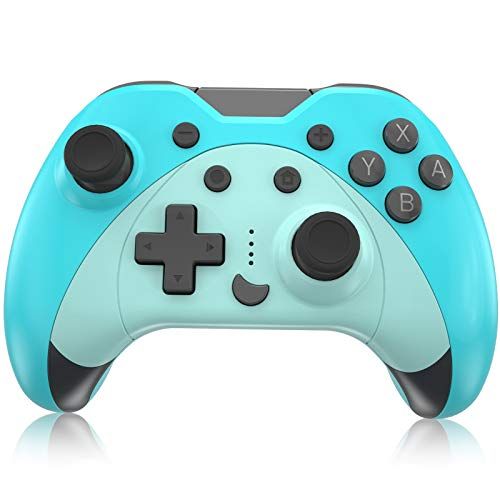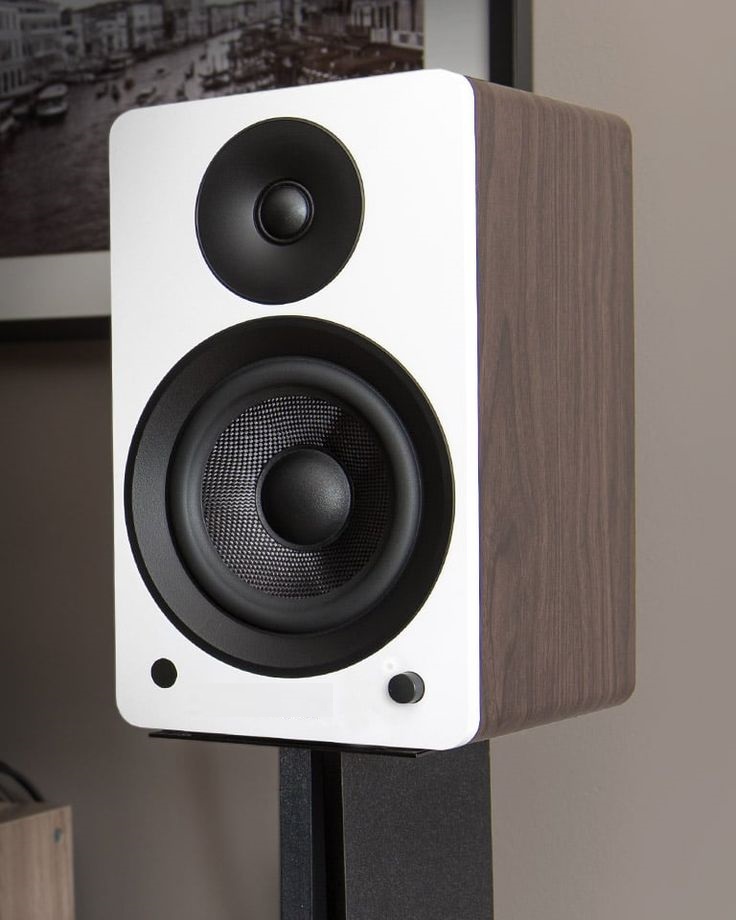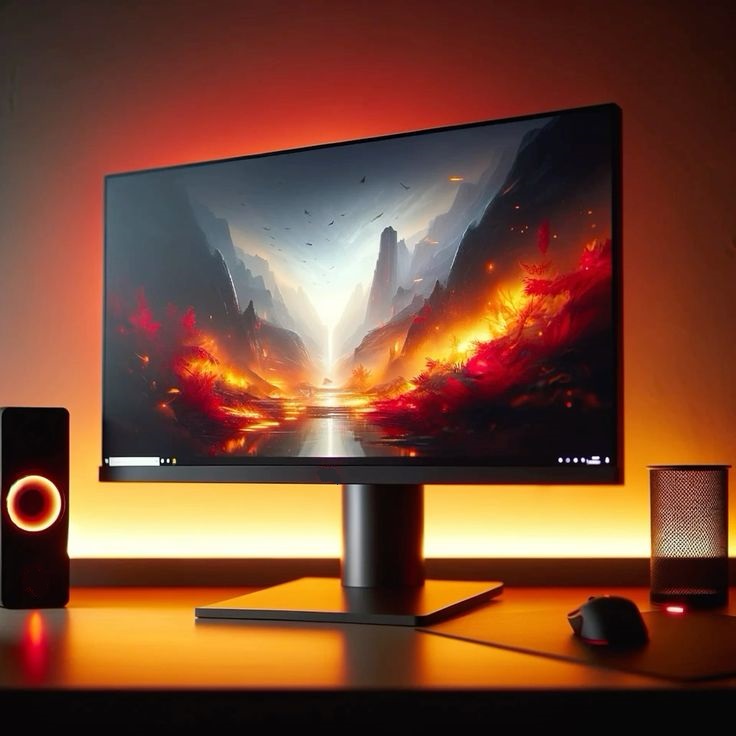Understanding Controllers: The Heart of Modern Electronics
In the ever-evolving world of electronics and computing, controllers play a crucial role in managing, directing, and regulating the functions of various devices and systems. From the simplest household appliances to complex industrial machinery, controllers are the unsung heroes that keep our digital and mechanical worlds running smoothly. This blog delves into the basics of controllers, their types, functions, and applications in modern technology.
What is a Controller?
A controller, in the context of electronics and computing, is a device or set of devices that manages the behavior of other devices or systems. Controllers process inputs, make decisions based on programmed instructions, and then generate outputs that direct the actions of the system. Essentially, they act as the brain of any automated system, ensuring that everything operates according to plan.
Types of Controllers
Controllers come in various forms, each designed for specific applications and levels of complexity. Here are some of the most common types:
1. Programmable Logic Controllers (PLCs)
PLCs are industrial digital computers designed for automation of electromechanical processes. They are robust and designed to withstand harsh industrial environments. PLCs are commonly used in manufacturing processes, assembly lines, and machinery that require high reliability and ease of programming and troubleshooting.
2. Microcontrollers
Microcontrollers are compact integrated circuits designed to govern specific operations in embedded systems. They are often used in consumer electronics, automotive systems, and appliances. A microcontroller contains a processor, memory, and input/output peripherals on a single chip, making it a powerful yet efficient solution for controlling electronic devices.
3. Embedded Controllers
Embedded controllers are specialized microcontrollers integrated into larger systems to perform dedicated tasks. These can be found in various applications, from controlling the temperature in a smart thermostat to managing the fuel injection system in an automobile.
4. Digital Signal Controllers (DSCs)
DSCs are hybrid devices that combine the features of microcontrollers and digital signal processors. They are used in applications requiring high-speed mathematical processing, such as motor control, audio processing, and communications.
Functions of Controllers
The primary functions of controllers can be summarized as follows:
1. Input Processing
Controllers receive inputs from various sensors or user interfaces. These inputs can be analog, digital, or a combination of both, providing the necessary data to make informed decisions.
2. Decision Making
Based on the inputs and programmed instructions, controllers make decisions on what actions to take. This decision-making process involves logical operations, comparisons, and arithmetic calculations.
3. Output Generation
After processing the inputs and making decisions, controllers generate appropriate outputs to direct the actions of other devices or systems. These outputs can control motors, lights, displays, and other actuators.
4. Monitoring and Feedback
Controllers continuously monitor the performance of the system and provide feedback to ensure optimal operation. This feedback loop is essential for maintaining accuracy and reliability in automated systems.
Applications of Controllers
Controllers find applications in virtually every industry and aspect of modern life. Here are some notable examples:
1. Industrial Automation
In manufacturing and industrial processes, controllers automate repetitive tasks, improve efficiency, and ensure safety. PLCs are widely used for these purposes, managing everything from assembly lines to robotic arms.
2. Consumer Electronics
Microcontrollers are integral to the functionality of everyday gadgets, such as smartphones, microwave ovens, washing machines, and smart home devices. They enable features like touchscreens, user interfaces, and connectivity.
3. Automotive Systems
Modern vehicles rely on numerous controllers to manage engine functions, braking systems, airbag deployment, and infotainment systems. Embedded controllers ensure that these systems operate seamlessly and safely.
4. Healthcare Devices
Medical devices, such as insulin pumps, pacemakers, and diagnostic equipment, utilize controllers to perform precise and reliable operations. These controllers are critical for patient safety and effective treatment.
5. Communication Systems
Digital signal controllers are used in telecommunications to process audio and data signals. They enable high-speed data transmission, error correction, and efficient communication protocols.
The Future of Controllers
As technology continues to advance, the role of controllers will only become more significant. Innovations in artificial intelligence, machine learning, and the Internet of Things (IoT) are driving the development of smarter, more autonomous controllers. These future controllers will be capable of making complex decisions, learning from data, and interacting seamlessly with other smart devices.



